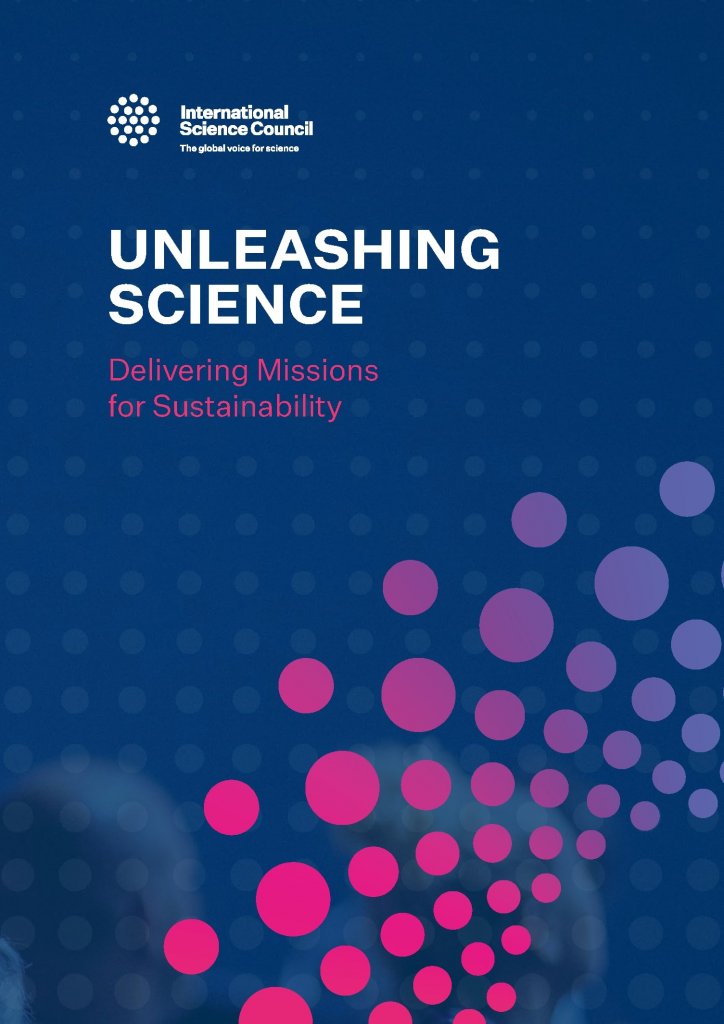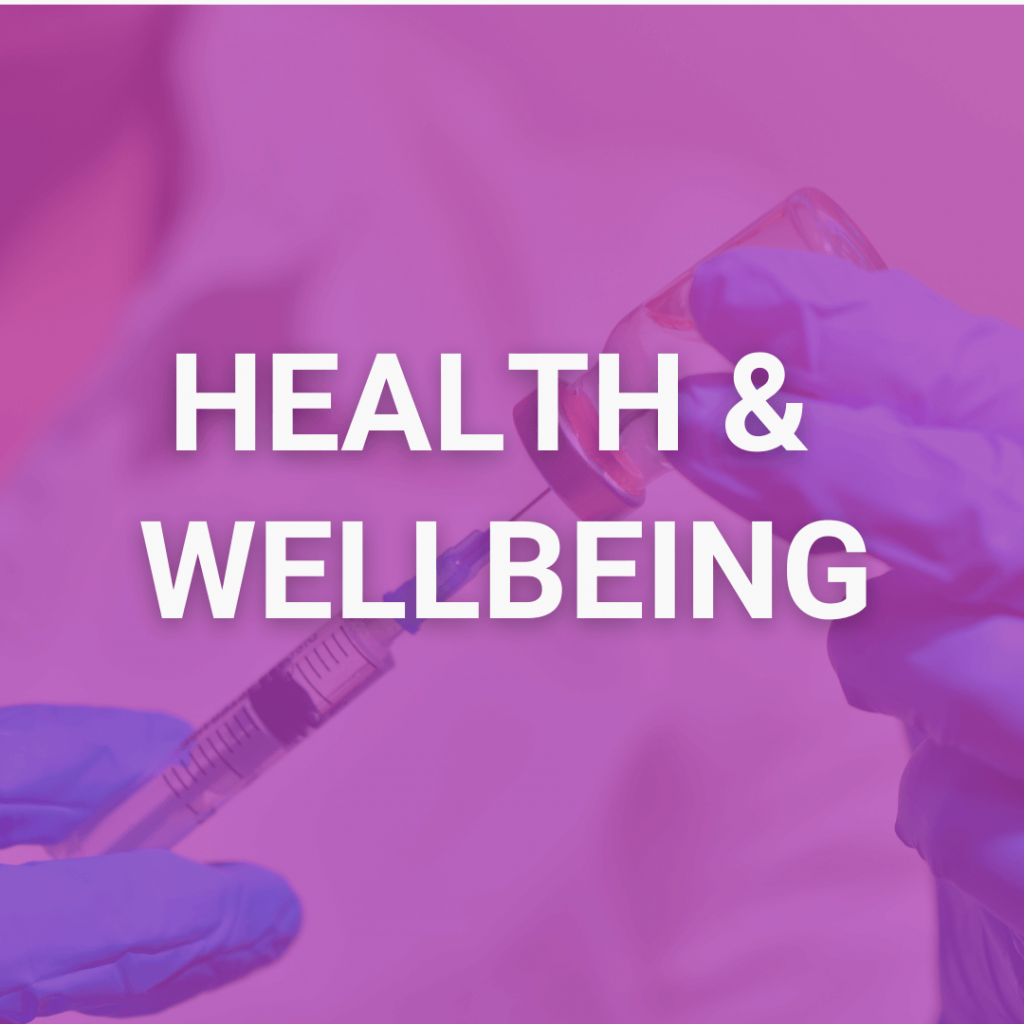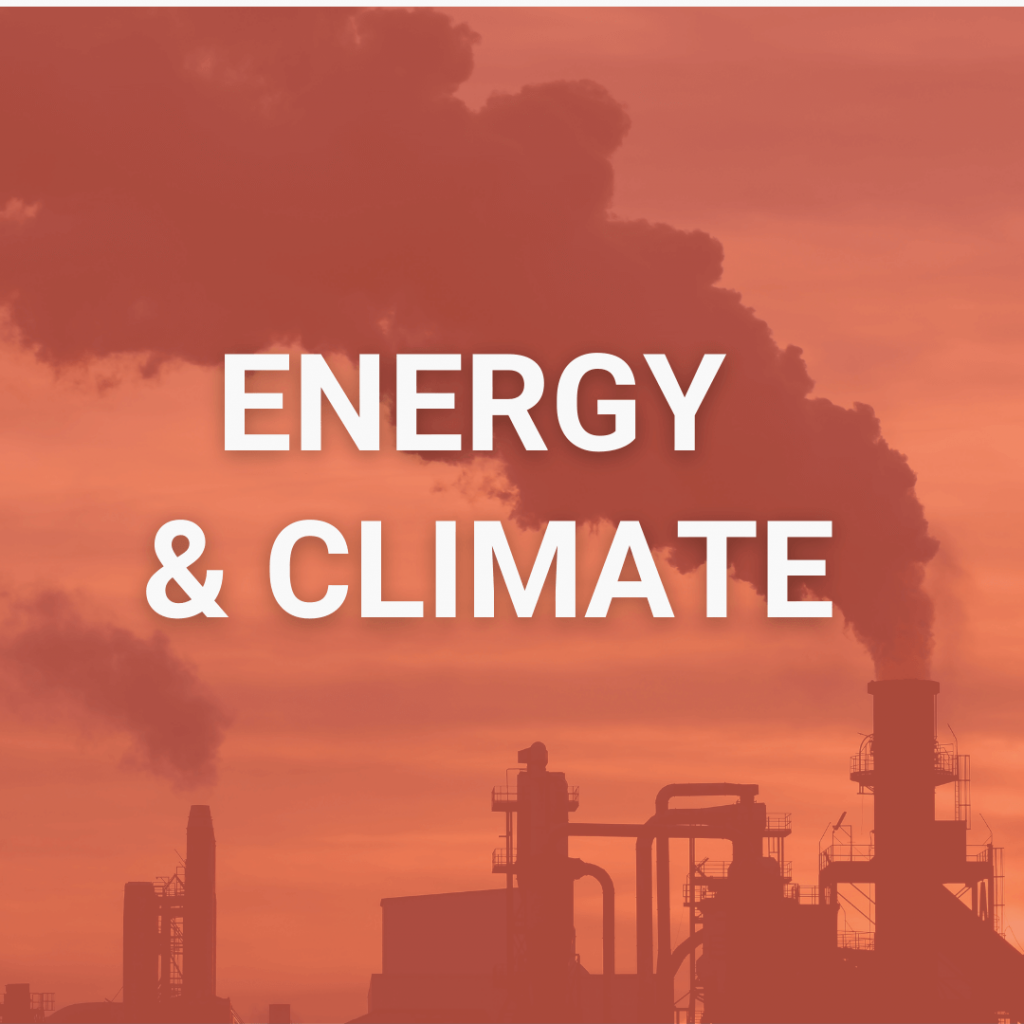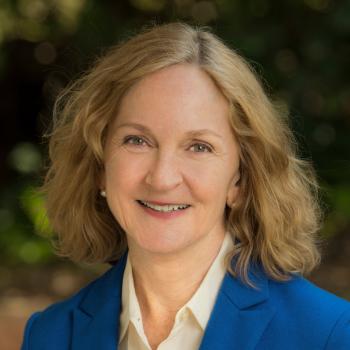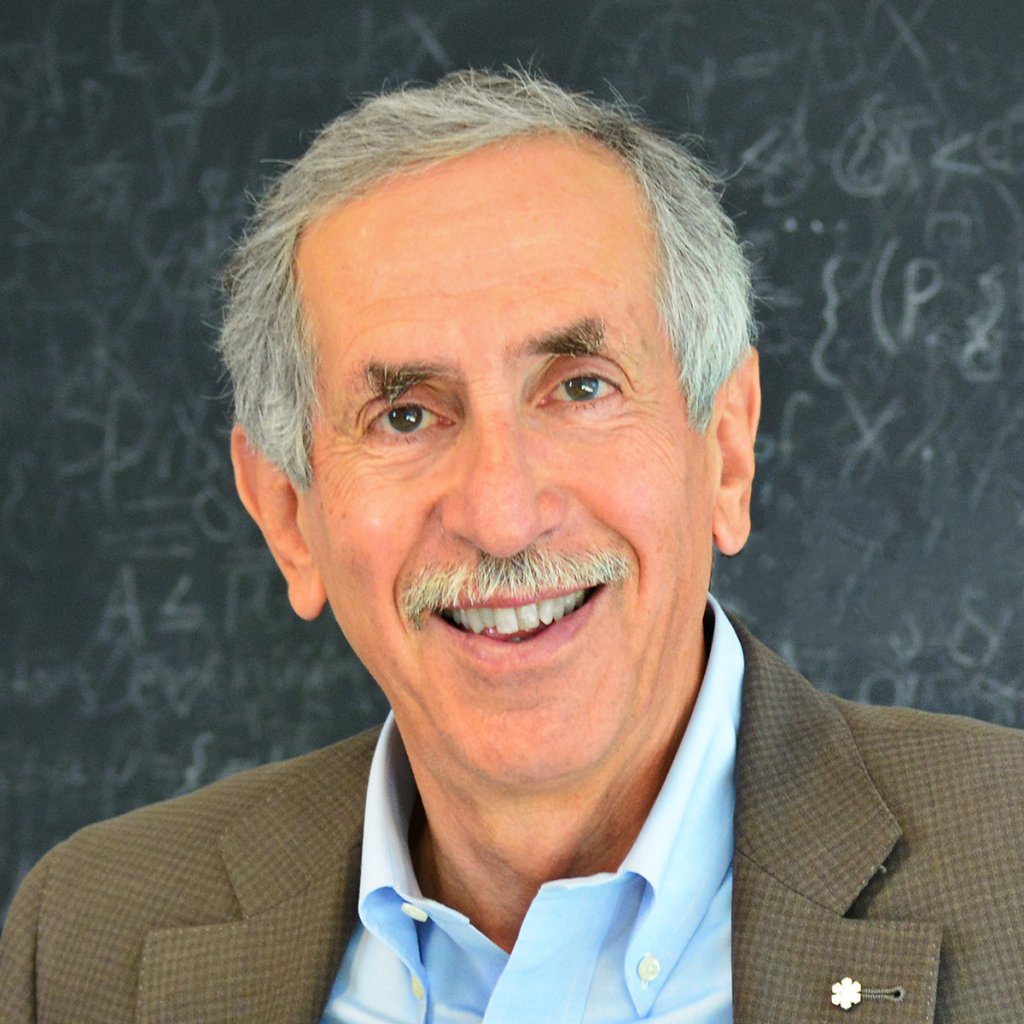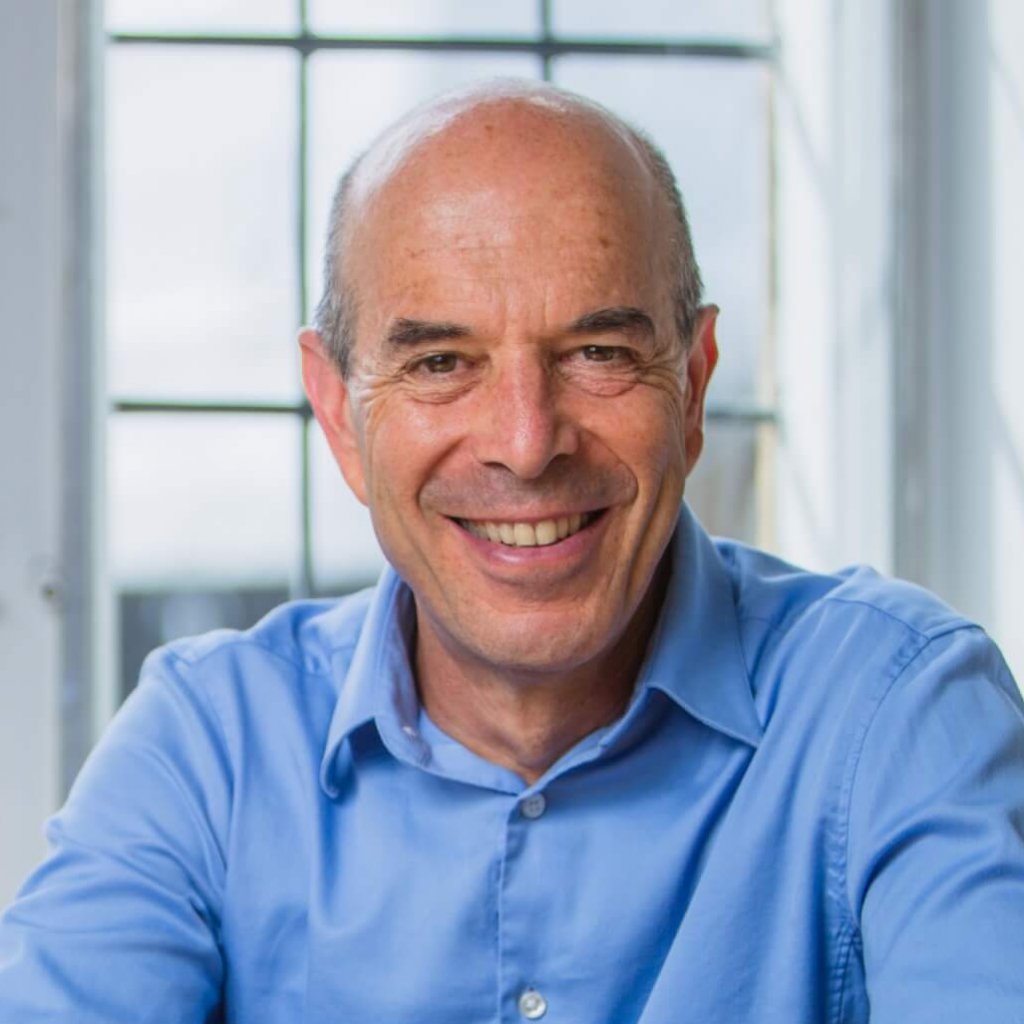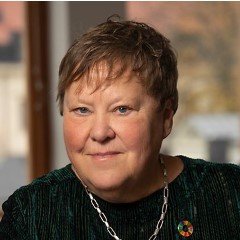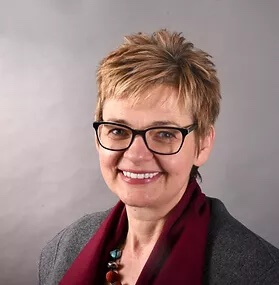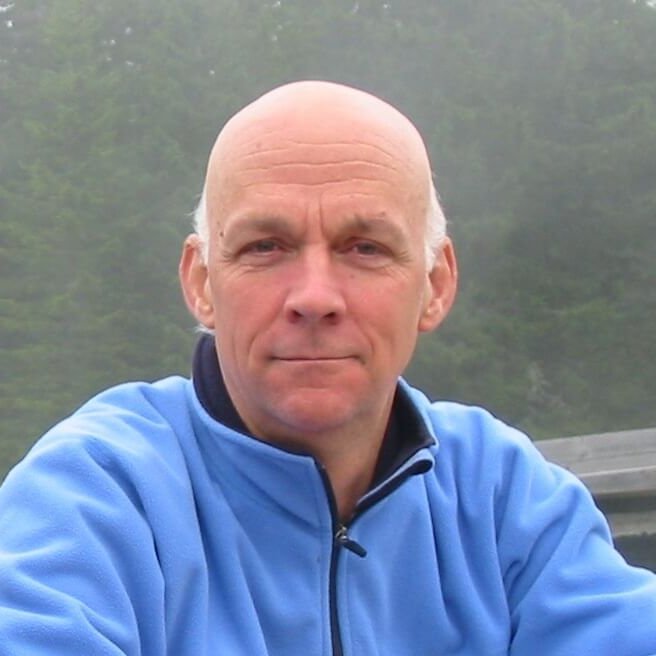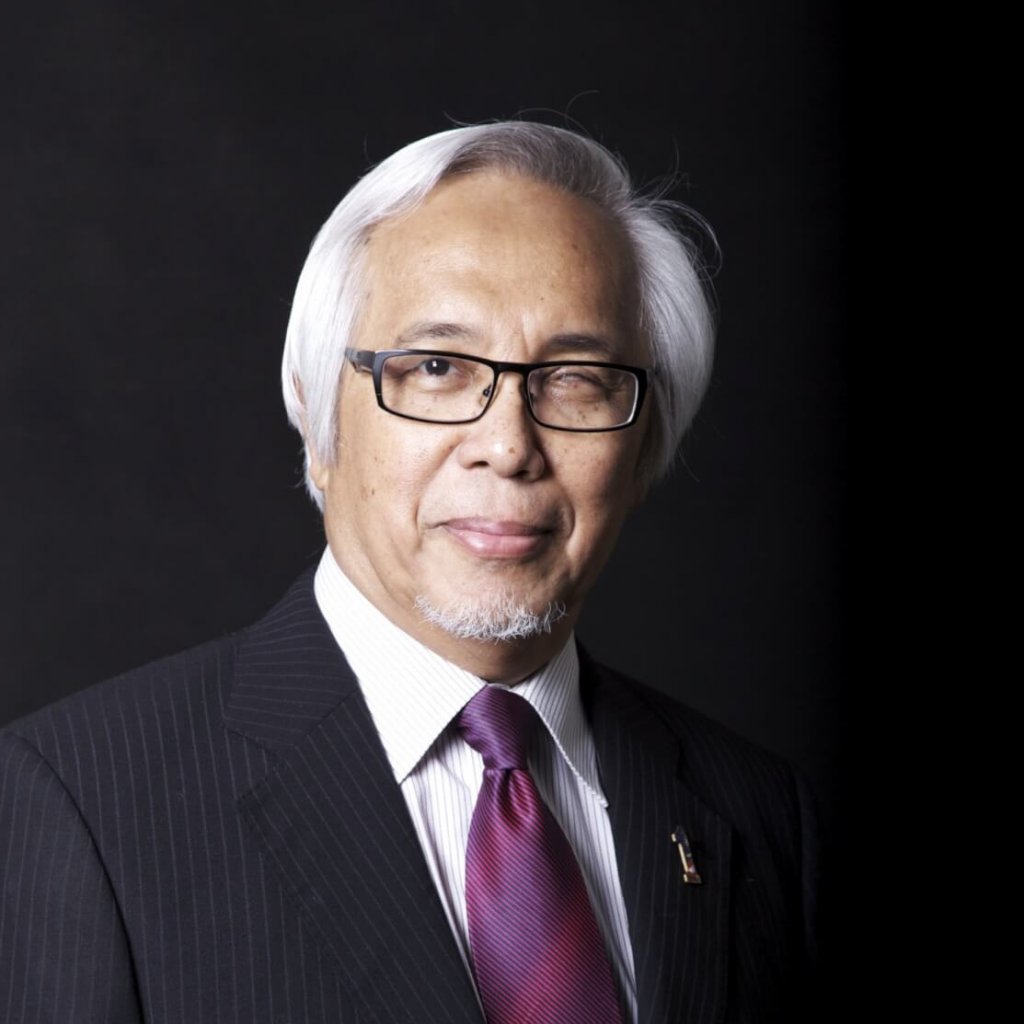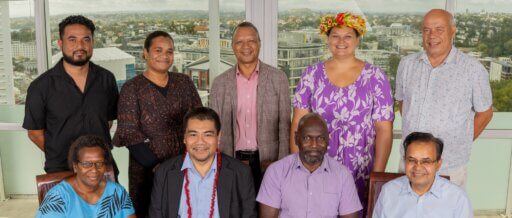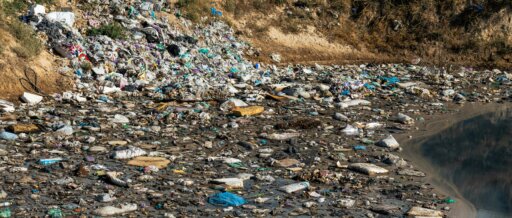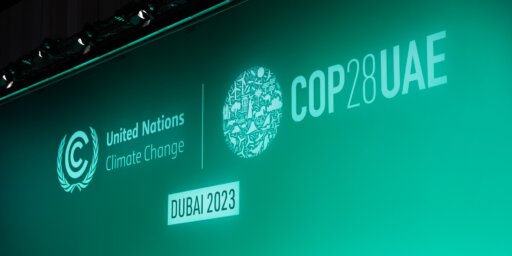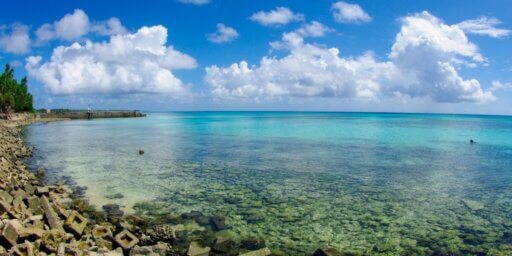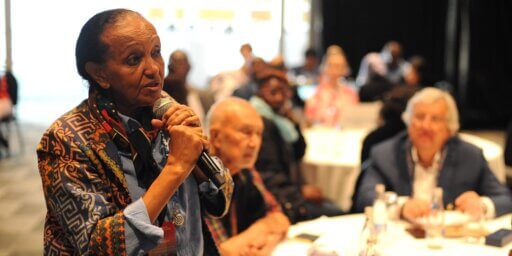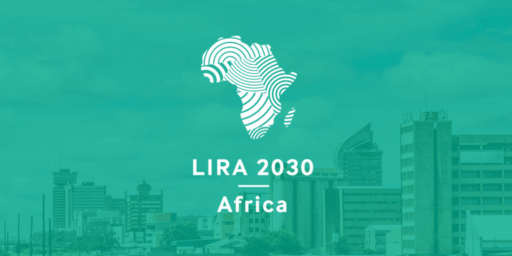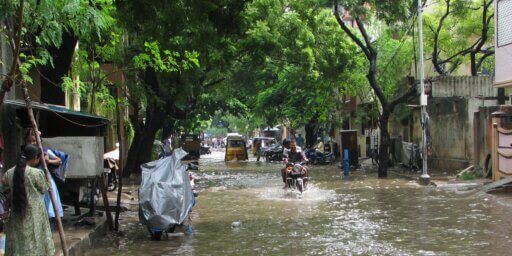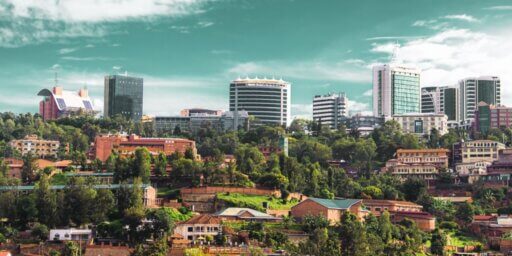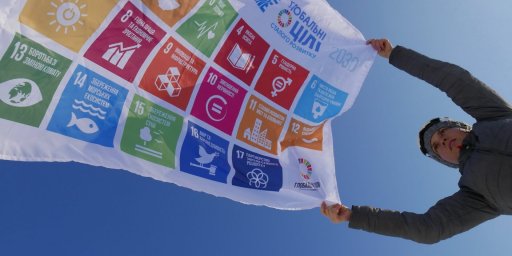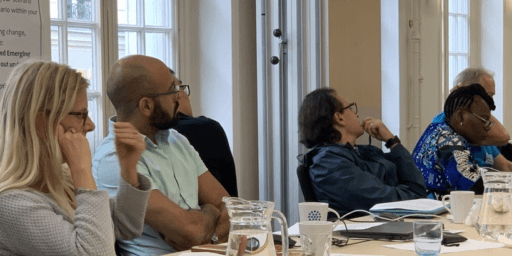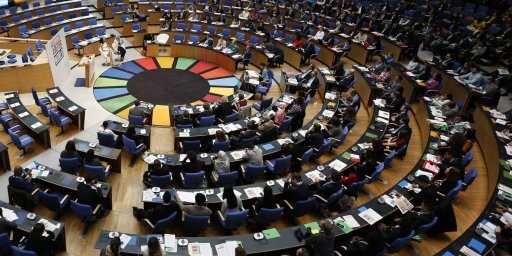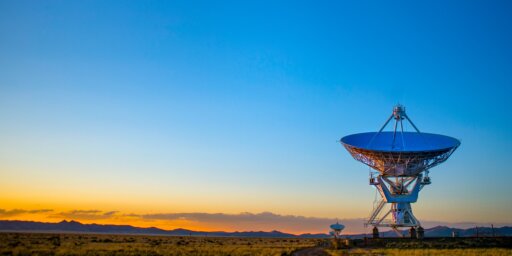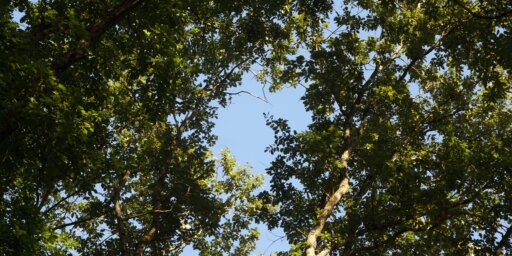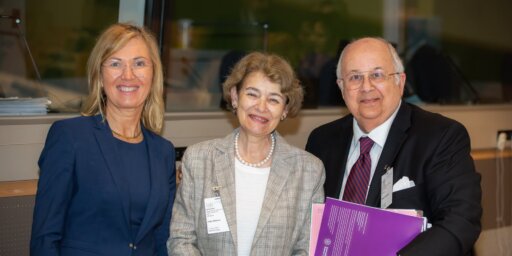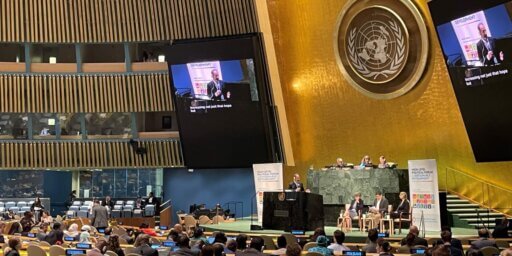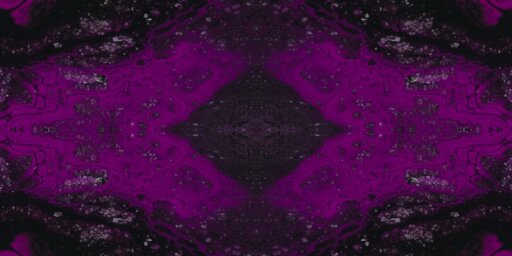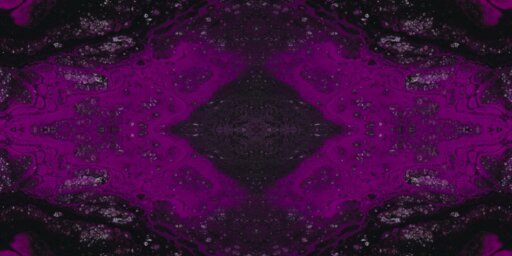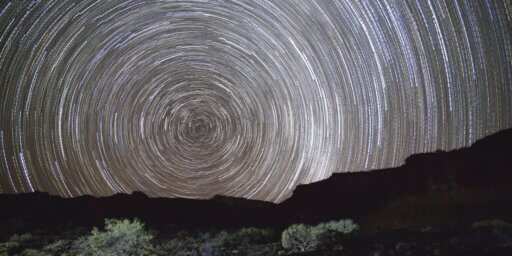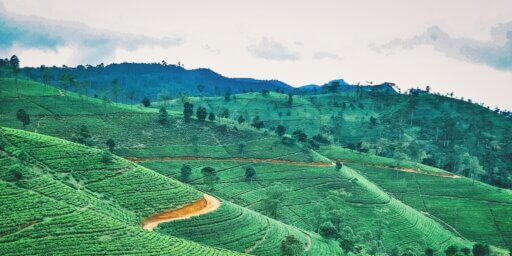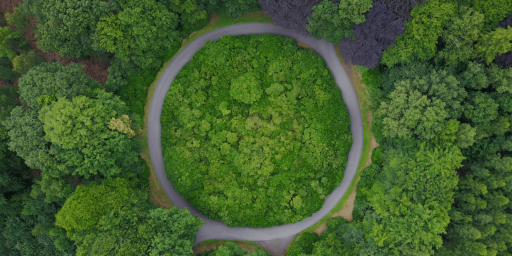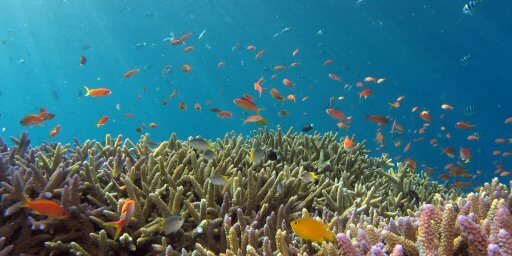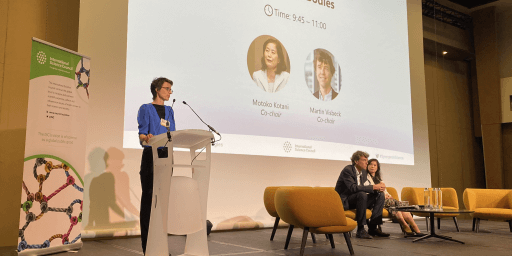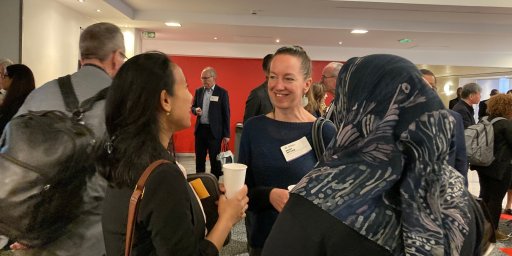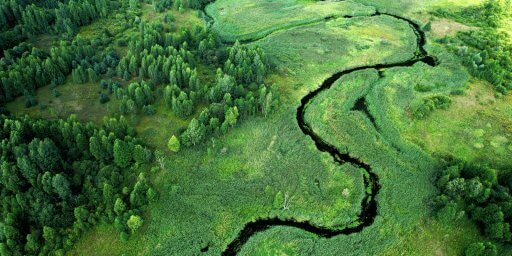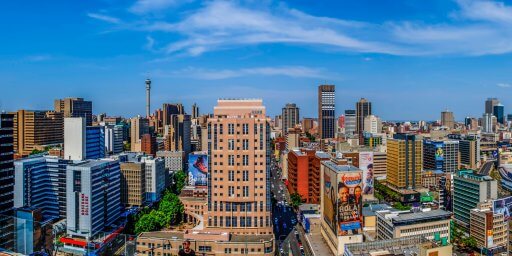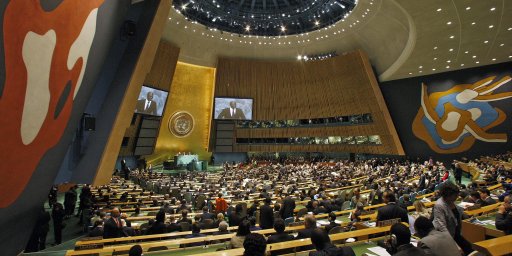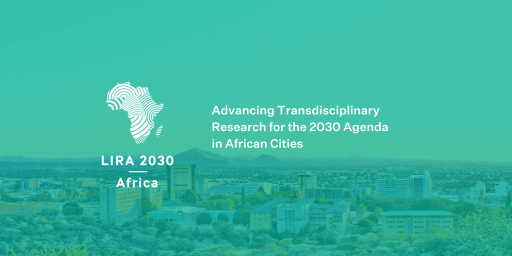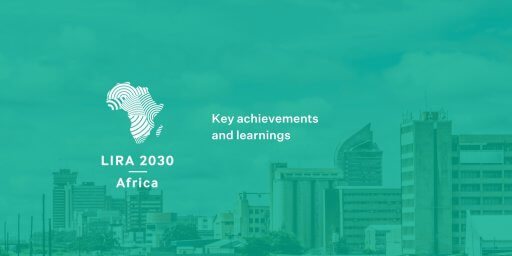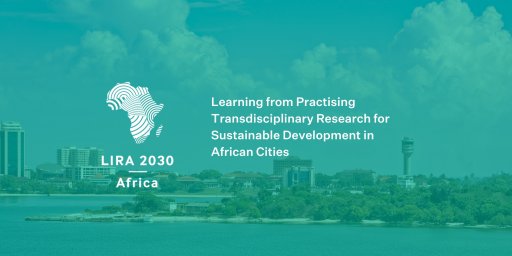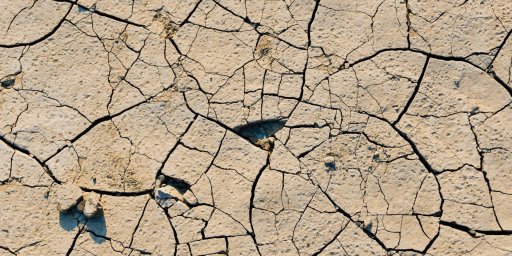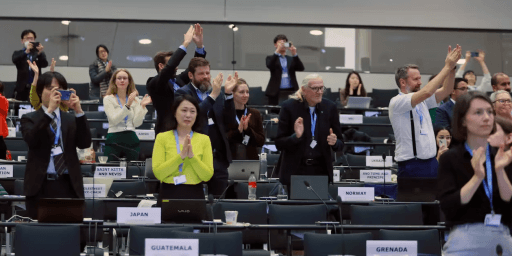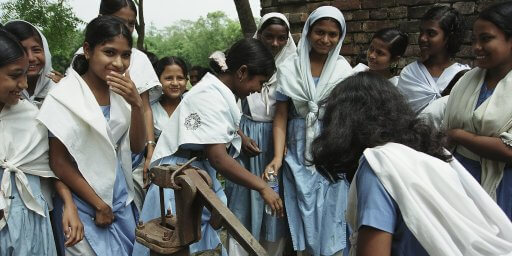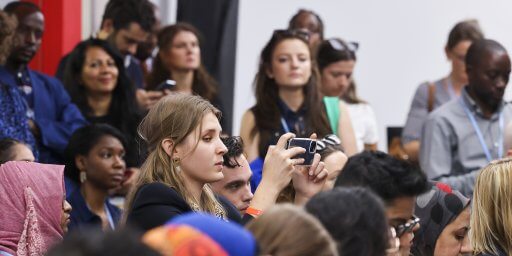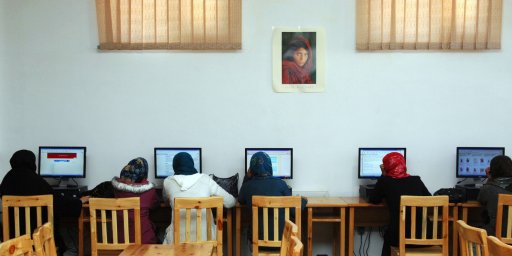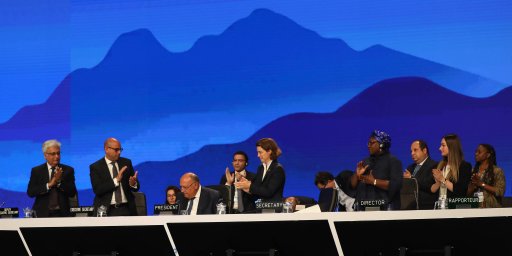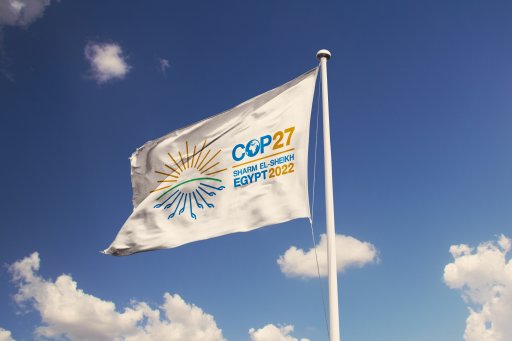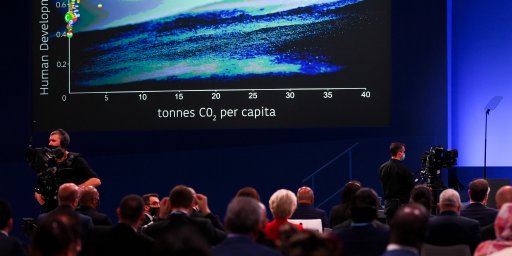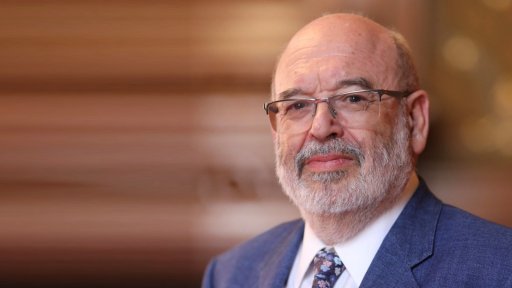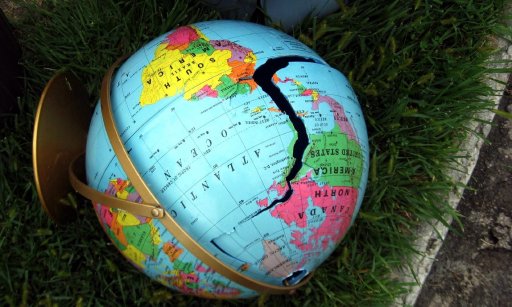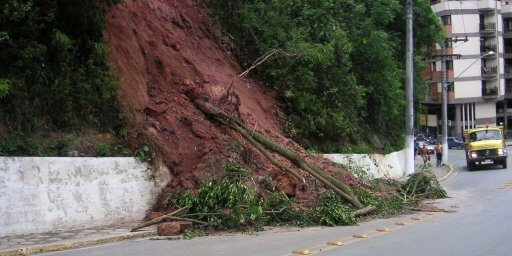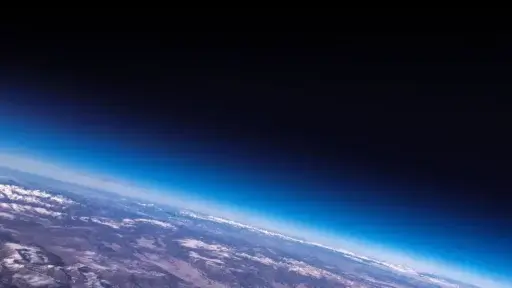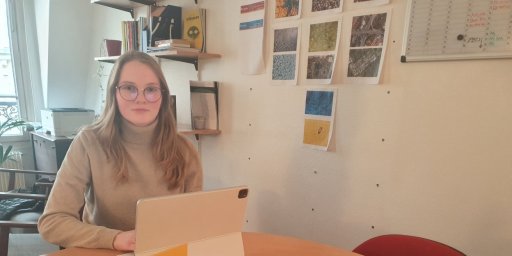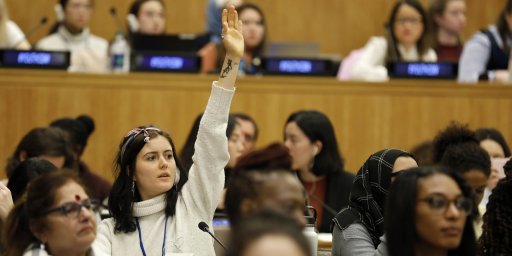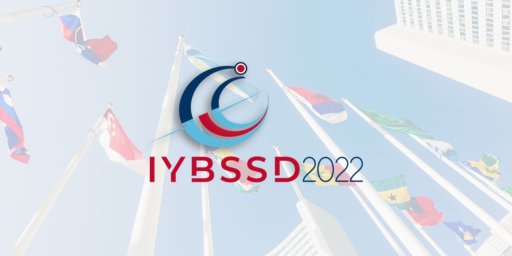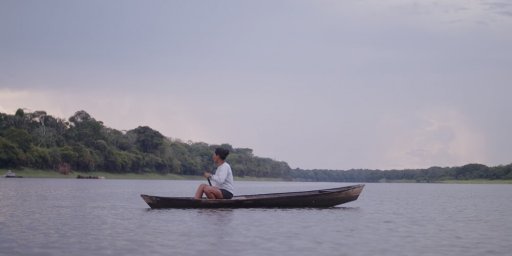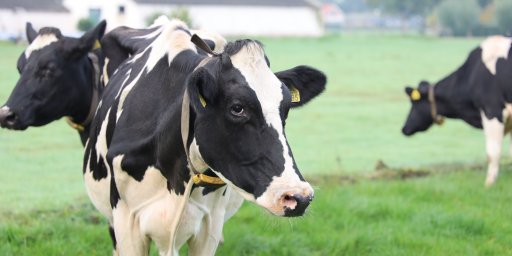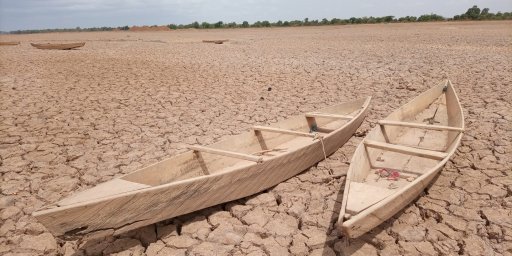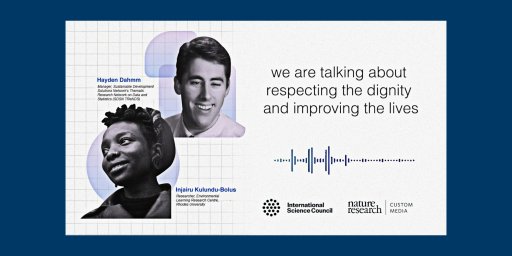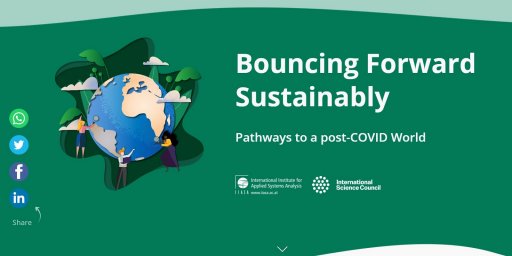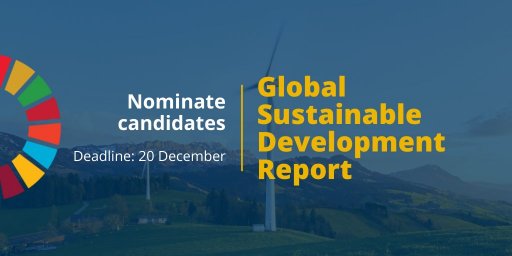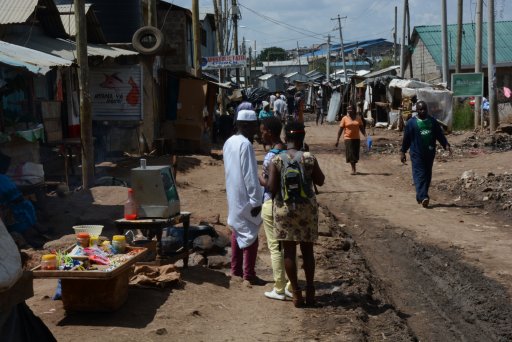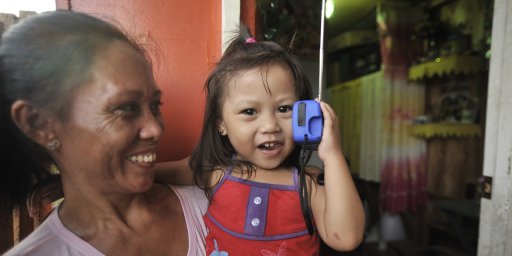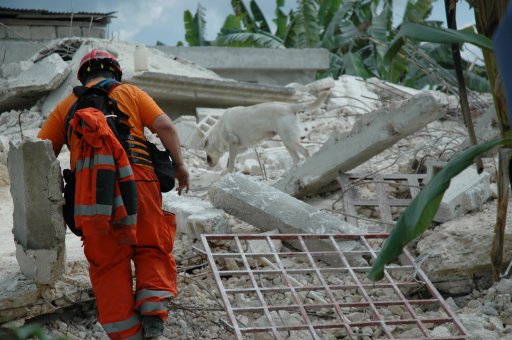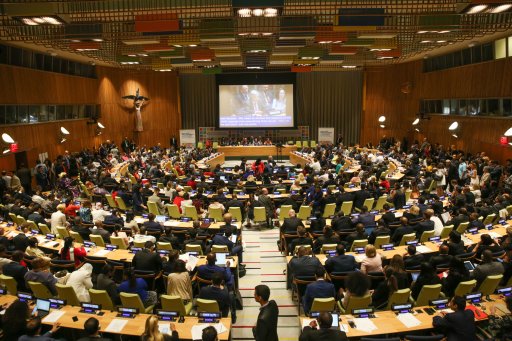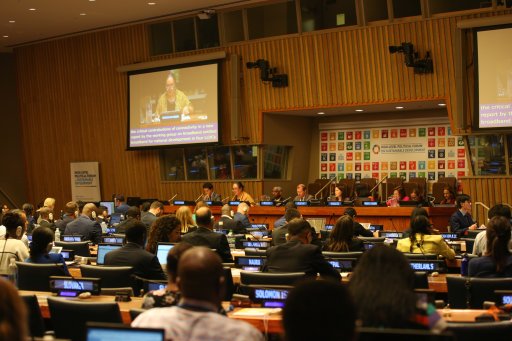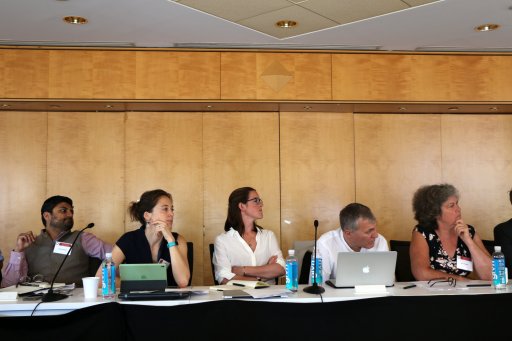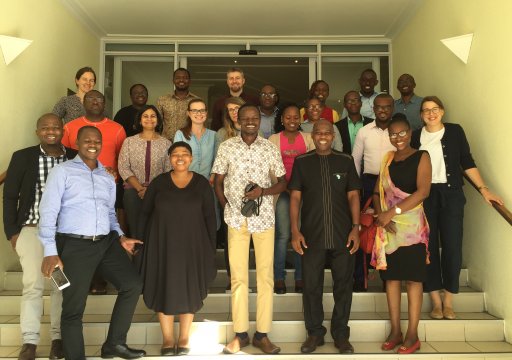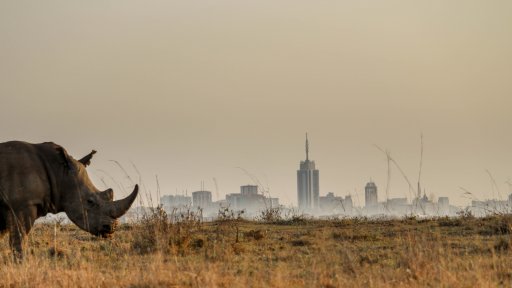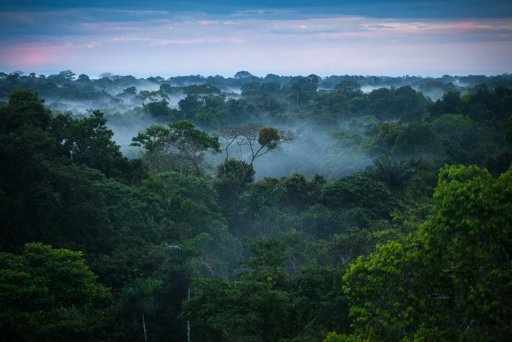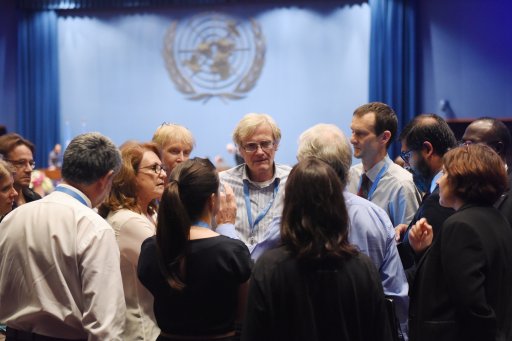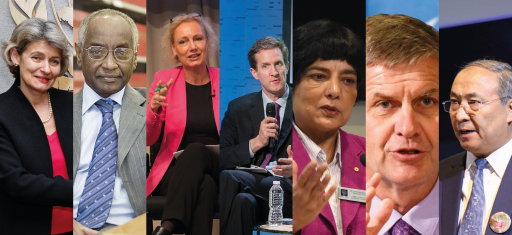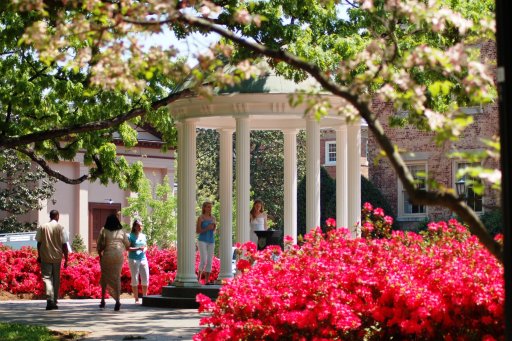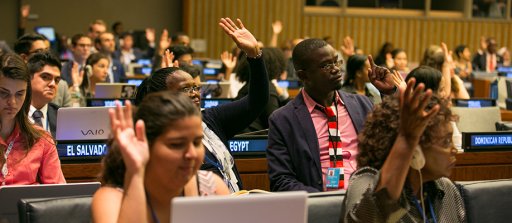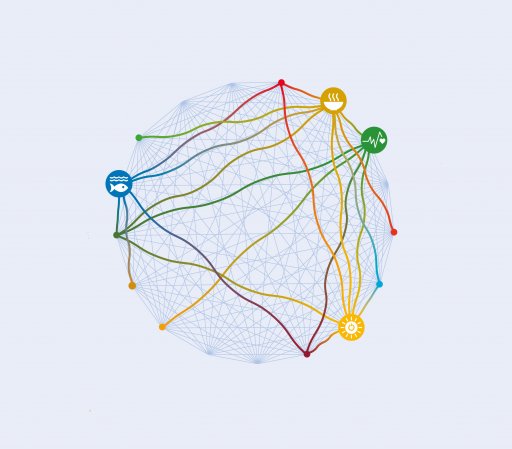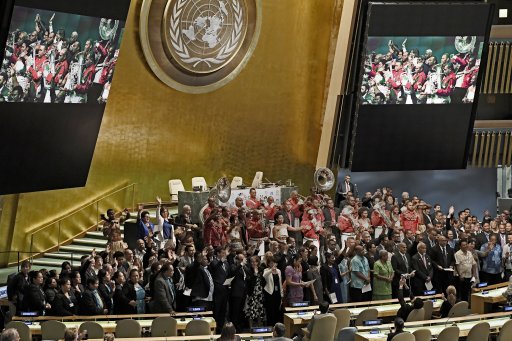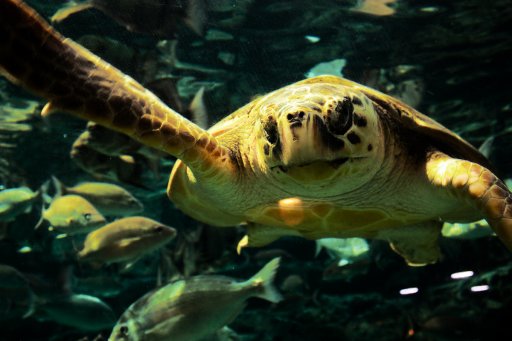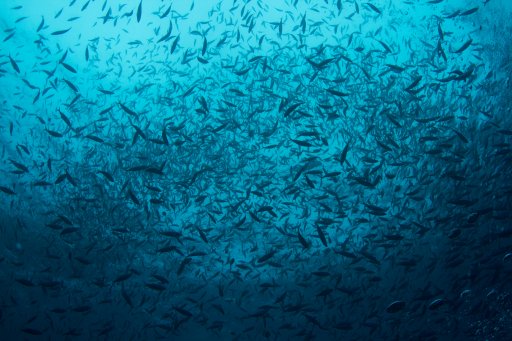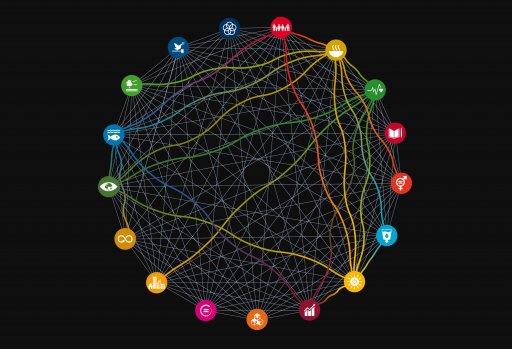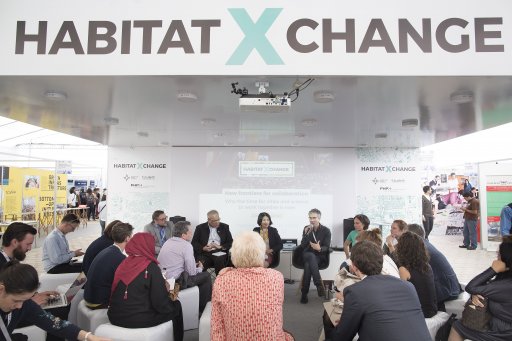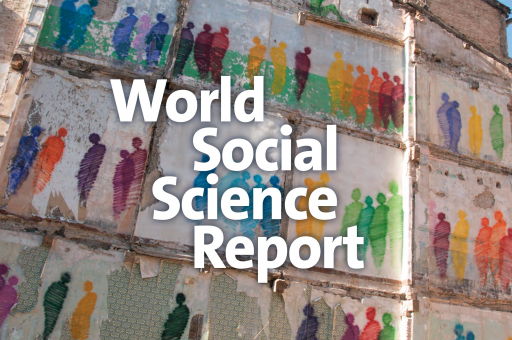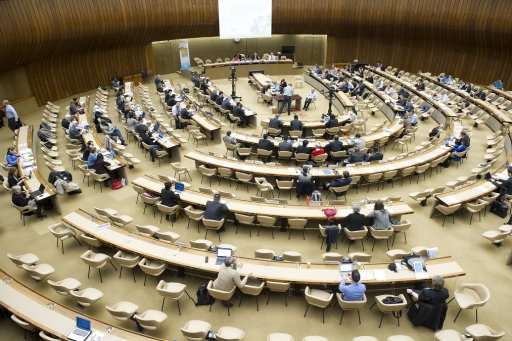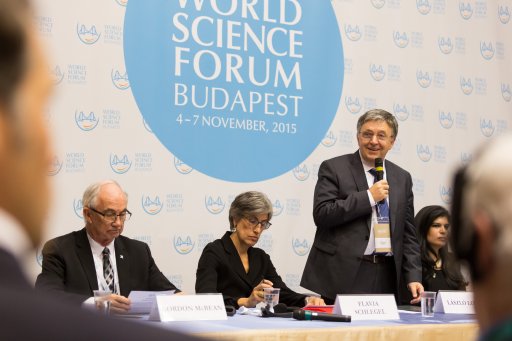The advancement of the ISC Global Commission on Science Missions for Sustainability’s five Science Missions for Sustainability is underway, thanks to the new Technical Advisory Group (TAG).
Co-chaired by ISC Governing Board Member Pamela Matson (Director of Stanford University Change Leadership for Sustainability Program) and Albert van Jaarsveld (Director-General of the International Institute for Applied Systems Analysis), the group is comprised of experts in sustainability and complex systems thinking from around the world as well as representatives from the science funding community. The TAG began their work in February and plans to meet monthly until the third quarter of 2022 when the group will deliver their key recommendations to the Commission.
You might also be interested in
Unleashing Science: Delivering Missions for Sustainability
International Science Council, 2021.
The report Unleashing Science: Delivering Missions for Sustainability presents a framework of ideas on how science, along with science funders, policy-makers, civil society and the private sector, could increase the impact of science towards achieving the SDGs and rise to the occasion of acting effectively in the face of urgent and existential risks to humanity.
The Global Commission is tasked with recommending co-design processes, funding mechanisms and institutional arrangements to support the delivery of mission-oriented science for sustainability as part of a decade of action. Based on the Unleashing Science report, the Commission identifies five critical areas for sustainability— Food, Water, Health and wellbeing, Urban areas, and Climate and Energy— that urgently require serious investment if transformative and sustainable pathways are to be delivered within the next decades. The outcome-driven nature of the proposed science missions provides a common sustainability agenda for the public and private sector. As such, the five science missions unlock an opportunity for the mobilization of transdisciplinary science to evoke societal transformations in a coordinated and integrated manner.
Science Missions for Sustainability
The TAG will advise the Commission on practical matters towards advancing the Science Missions for sustainability by undertaking the following actions:
- Propose a co-design process to set priorities for mission-led science for sustainability (i.e., a process that engages the funding community, e.g., Global Forum of Funders, Foundations, Private sector partners) along with stakeholders and research and development (R&D) communities.
- Provide illustrative examples of what mission science could achieve;
- Propose a structure(s) required to undertake mission-led science for sustainability, including an organizational governance and management arrangements;
- Develop an approach to performance assessment;
- Outline core principles of operation; and
- Suggest minimum funding needs.
“TAG members bring a broad range of experience on what has, and has not, worked as scientific communities have sought to assist in reaching sustainability goals. Our goal is to recommend processes that bring together funders, scientific communities, and most importantly, the decision making and other stakeholder communities, to identify and implement collaborative efforts that are game-changing.”
Pamela Matson, Co-Chair of the TAG
The work of the TAG will be supported by two senior analysts, Guillermo A. Lemarchand (Executive Director of Research on Knowledge, Innovation, Technology and Science Organization (Research KITS), he is an expert on STI policies and founder of UNESCO´s Global Observatory of STI Policy Instruments (GO-SPIN)) and Luis Gomez Echeverri (Emeritus Research Scholar, IIASA, his research focuses on the fragmentation of institutions, policies, and finance, and the consequences that this has on the successful implementation of the Sustainable Development Goals).
With the assistance of the TAG, the Global Commission will advance their ambitious goals to mobilize political and financial support for Science Missions for Sustainability.
“The TAG is developing critical elements and understanding to ensure that science-oriented missions for sustainability bring together a global partnership with a unified purpose to achieve the sustainability agenda as soon as possible.”
Albert Jaarsveld, Co-chair of the TAG
Members of the Technical Advisory Group
Co-chair of the TAG, member of the Global Commission, Director of Stanford University Change Leadership for Sustainability Program
Co-chair of the TAG, member of the Global Commission, Director-General of the International Institute for Applied Systems Analysis
President and CEO of CIFAR, one of Canada’s leading scientists of health and cancer, founding president of the Canadian Institutes of Health Research.
President of CODATA, Scientific director of GO FAIR Foundation, Professor of Human Genetics Department – LUMC
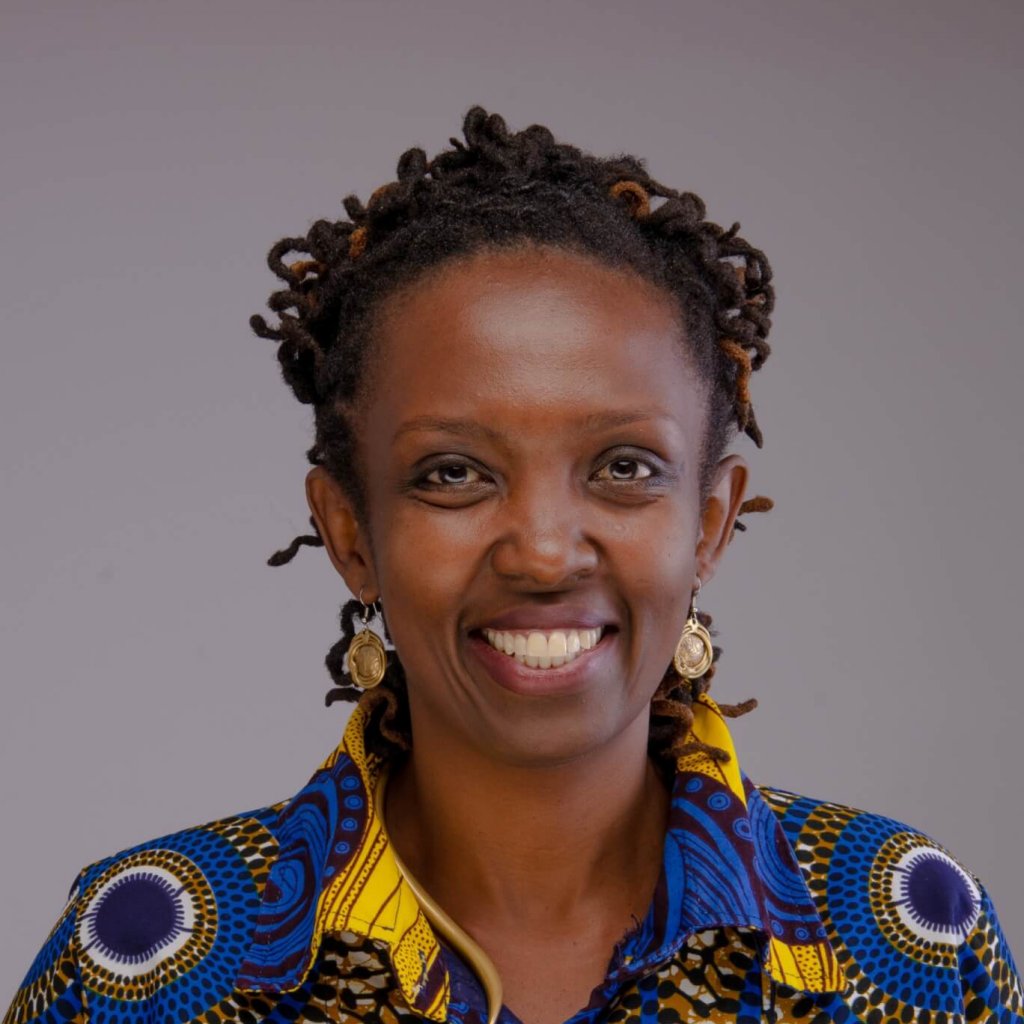
Director of the Africa Science Leadership Programme, former Co-Chair for the Global Young Academy
Professor of Globalisation and Development at the University of Oxford
Director General of Formas – the Swedish Research Council for Sustainable Development
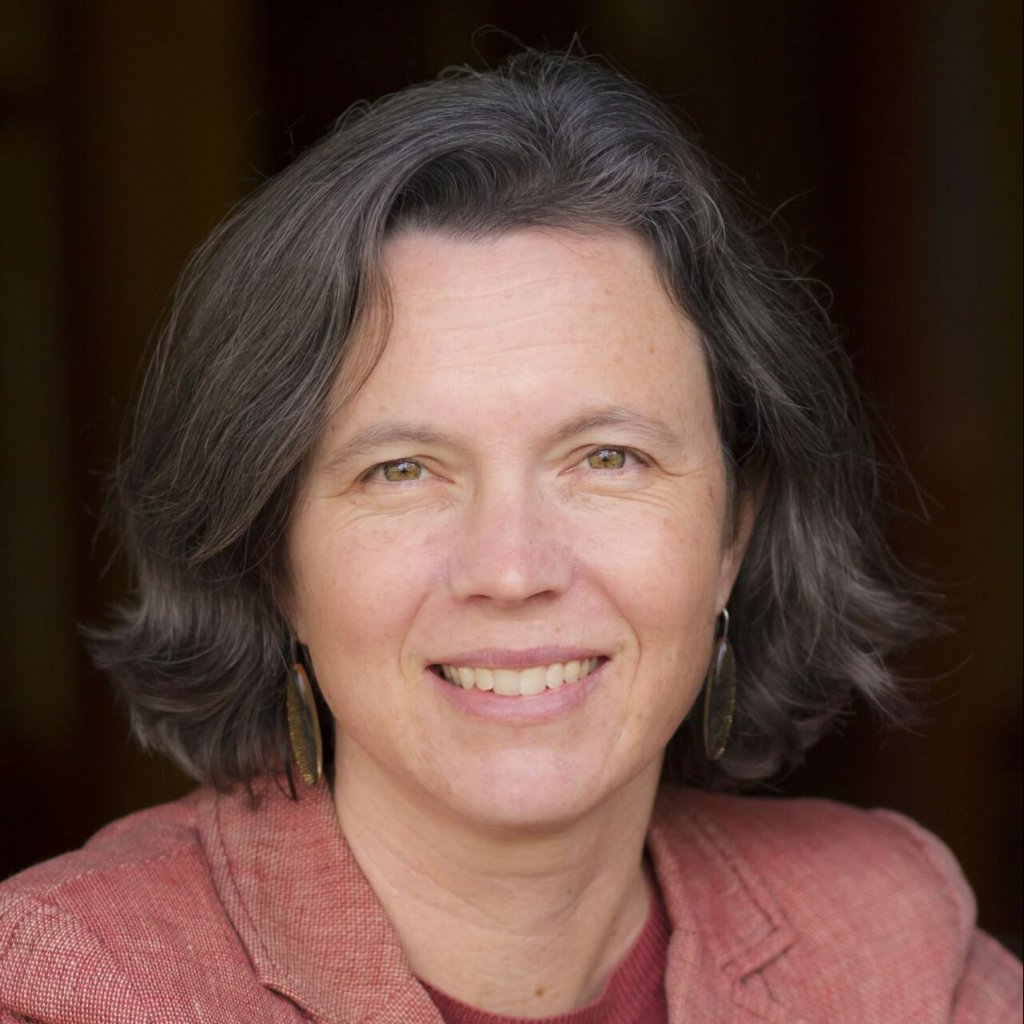
Professor and Director of the Institute for Water Futures and Associate Director Staff Development at the Fenner School Of Environment and Society, at the Australian National University
Associate Professor of Global Governance and Director of the Center for Governance and Sustainability, University of Massachusetts Boston
Harvey Brooks Research Professor of International Science, Public Policy and Human Development at Harvard University’s John F. Kennedy School of Government
Chairman of Atri Advisory, Ambassador and Science Advisor, Campaign for Nature (CFN), Professor Emeritus
For more information on the work of the Global Commission and funding community, see:
Photo by Bernd Klutsch on Unsplash

